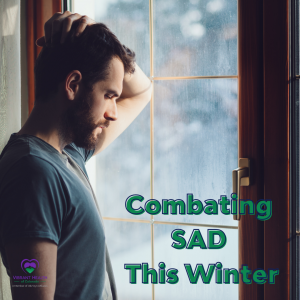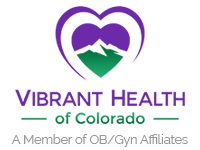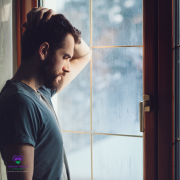Combating SAD This Winter

What can you do to combat SAD this winter? As the leaves fall from the trees and the days get shorter, people who are affected by SAD, or seasonal affective disorder, have begun to brace themselves for the “darker” months of the year. Vibrant Health of Colorado practitioners are here to help you feel your best during every season.
What is SAD?
Seasonal Affective Disorder is defined by the Mayo Clinic as, “Seasonal affective disorder (SAD) is a type of depression that’s related to changes in seasons — SAD begins and ends at about the same times every year. If you’re like most people with SAD, your symptoms start in the fall and continue into the winter months, sapping your energy and making you feel moody. Less often, SAD causes depression in the spring or early summer.”
Symptoms of SAD
Symptoms of SAD are similar to other mood disorders or generalized depression. The onset of SAD typically comes in autumn and lasts throughout the winter months. Those experiencing seasonal affective disorder may feel:
- No Interest in Activities That Once Brought Joy
- Changes in Appetite
- Agitation and Irritability
- Depressed Most of the Day
- Have Problems Sleeping
- Low Energy
- Hopeless or Sluggish
- Thoughts of Death and Suicide
Who SAD Impacts
Anyone can be impacted by the seasonal affective disorder, but those who are most likely to experience this depression are those who:
- Suffer from Depression
- Suffer from other Mood Disorders
- Do Not Get Sufficient Sunlight (Live Further from the Equator)
- Those With Low Levels of Vitamin D
What You Can Do To Feel Better
Vibrant Health of Colorado uses a variety of treatments to combat seasonal affective disorder. After a thorough consultation and examination with your practitioner, we’ll develop a treatment plan that works best for you. Often, we suggest regular exercise and healthy, whole foods as the first step on your way to wellness. Pairing wholesome nutrition, regular sleep, and exercise with supplementation, antidepressants, talk therapy, and light therapy are also forms of treatment we utilize.
We invite you to contact our office for an in-person or virtual consultation if you believe you’re experiencing symptoms of seasonal affective disorder.




